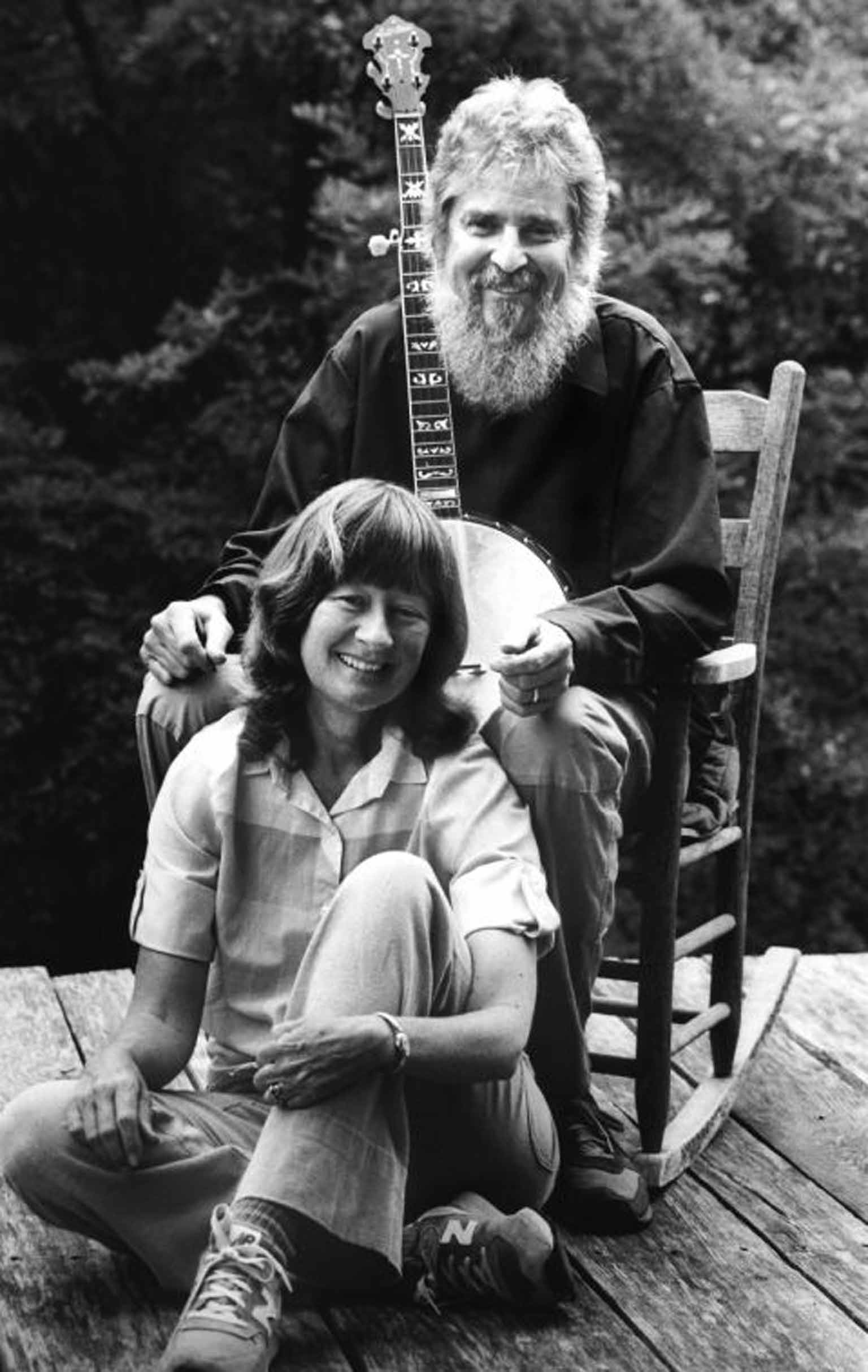Guy Carawan: Musician whose rendition of 'We Shall Overcome' made it a battle hymn for activists the world over
Carawan was acutely aware of the racial injustices of the south from a young age and became deeply involved in folk music

Guy Carawan didn't write "We Shall Overcome," whose presumed origins as a negro spiritual are debated by scholars to this day. But it was Carawan, a civil rights activist, musician and musical historian, who did more than anyone else to turn the song into a 20th century anthem for the downtrodden and oppressed, not just in the US but around the globe.
The acknowledged debut of "We Shall Overcome" came in the mid-1940s, on picket lines manned by striking tobacco workers in South Carolina: "We will overcome, and we will win our rights some day," the words ran. Carawan himself was reputedly introduced to it by the folk balladeer Pete Seeger in the '50s, In the version of the song that become its standard, Seeger changed "will" to "shall" in the title – because, he said in a 2007 documentary, "it opens up the mouth better."
The child of parents from the Carolinas, Carawan was acutely aware of the racial injustices of the Jim Crow south from a young age. He also became deeply involved in folk music, first as a student at the University of California at Los Angeles and then in the bohemian world of Greenwich Village in New York.
Highlander Folk School in Tennessee, an emerging centre of the young civil rights movement where Carawan took over as music director in 1959, was the perfect place for the these two interests to fuse. Sometimes he would perform the song to activists who met at Highlander; they in turn would further spread its message of protest and deliverance to the furthest corners of the movement.
But it was not at Highland, but in Raleigh, North Carolina the following year that "We Shall Overcome" turned from mere song to a universal battle hymn of protest. Carawan had been invited to perform it at the inaugural meeting of the Student Non-Violent Co-ordinating Committee, an organisation that would be a spearhead of the civil rights struggle. As hundreds of students joined in, the moment was electrifying. A musical and moral juggernaut was born.
Three years later a crowd of 300,000 sang with Joan Baez as she performed it at the March on Washington in August 1963. After the brutal suppression of the voting rights march at Selma, Alabama in March 1965, President Johnson made the phrase the climax of his historic televised address to Americans, vowing to send a voting rights bill to Congress. And in his final sermon, in Memphis on 31 March 1968, four days before he was murdered, Martin Luther King, too, averred, "We Shall Overcome."
Thereafter the song became the property of the world, from the jails of apartheid-era South Africa to the troubles in Northern Ireland and the popular uprisings that eventually overthrew Soviet domination in Eastern Europe, and beyond. Carawan and Seeger were among four people credited with the song's now familiar arrangement, but royalties go to a fund run by Highland to help social and cultural activities in the South. Today its potency is undiminished. As Pete Seeger put it, "It only takes one person to teach it to a thousand."
Guy Hughes Carawan, folk musician: born Santa Monica, California 28 July 1927; twice married (one daughter, one son); died New Market, Tennessee May 2 2015.
Join our commenting forum
Join thought-provoking conversations, follow other Independent readers and see their replies
Comments